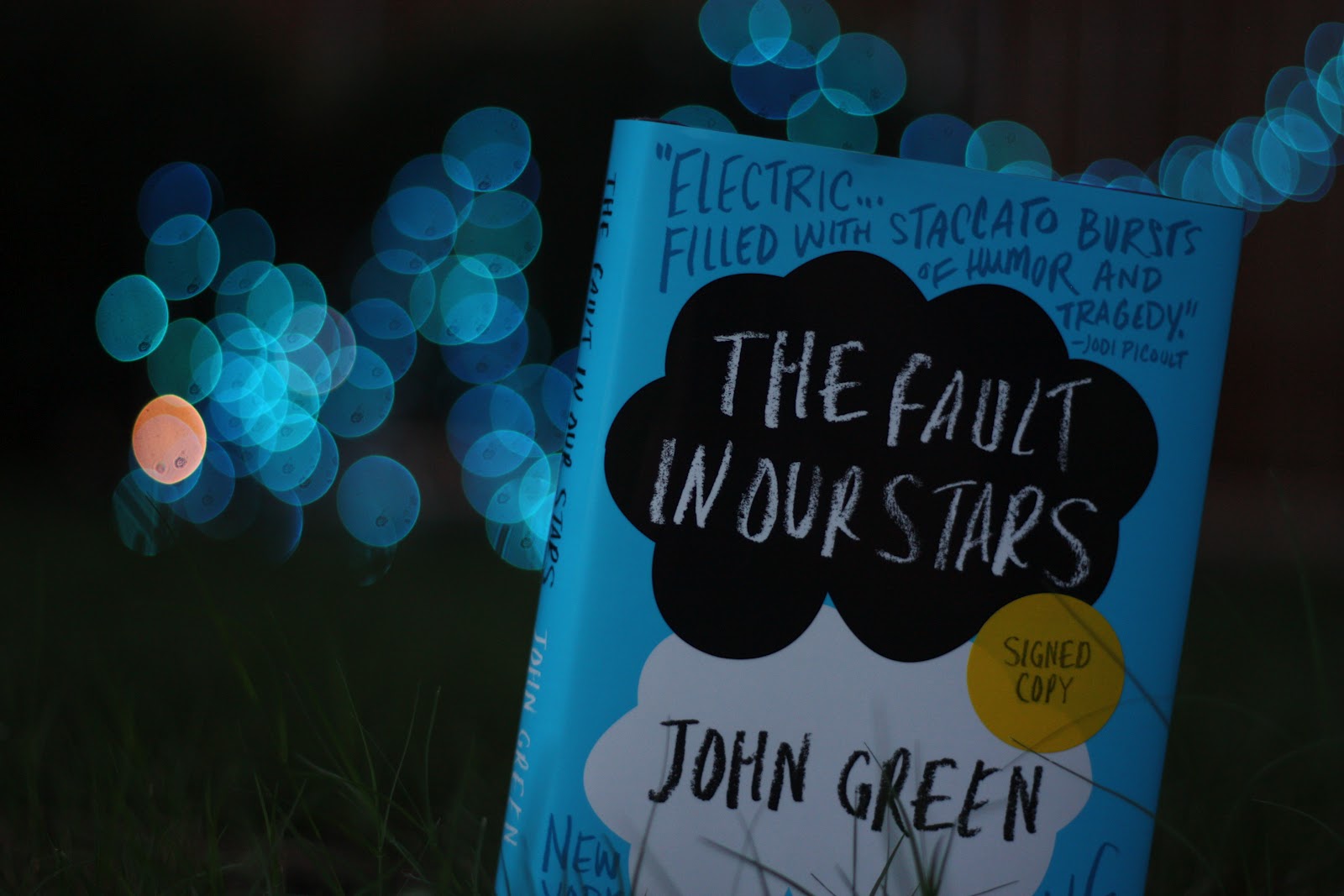The New York Times Book Review recently asked two writers, Thomas Mallon and Alice Gregory, a question about characters in novels that's often been discussed before. It was posed like this: Can a Virtuous Character Be Interesting? The most common, received opinion is that a scoundrel, scalawag, deviant, or miscreant is much more interesting to read about than a normal garden-variety good guy. The argument usually given for such a view is simple. Imagine this story: A guy is born into a great and psychologically healthy family, he grows up around good friends, attends a fine school, is very nice himself, graduates from an ideal college, meets the perfect life partner, and lives happily ever after. It would not be the typical page turner. "Wait. I have to finish this chapter. Somebody just nicely asked our hero to pass the salt and I've got to see what form of graciousness he displays to comply!"
We're often drawn to flawed characters. For one thing, we may see in them, on full parade, various traits that we've felt in ourselves and rightly suppressed. It's instructive and sometimes even fascinating to witness them fully developed and on display. In a related way, truly despicable characters in fiction make us look not so bad, after all, by contrast - which is surely one of the reasons reality television shows are so popular. And then, in another way, we may enjoy the insight that such portrayals can give us into the souls of people we actually have to deal with now and then outside the realms of novels.
Most good writers can provide long lists of baddies who have been more interesting to read about in the history of literature than almost any of the goodies. But should writers aspire more, and work harder, to depict goodness rather than focusing on so many types of evil?
Alice Gregory has something worthwhile to say about it all. She writes:
A truly radical 21st-century novelist wouldn’t ask us to see ourselves in made-up villains, and then, hopefully, revise our opinions of the real ones in our own lives. Rather, they would ask us to see the arduous and often acrobatic effort that goes into living a life of common decency. They would coerce us into believing that virtue is interesting and fun to think about and far more dazzling to encounter than malevolence.
In her 1947 book “Gravity and Grace,” Simone Weil wrote: “Imaginary evil is romantic and varied; real evil is gloomy, monotonous, barren, boring. Imaginary good is boring; real good is always new, marvelous, intoxicating.”
I think that's well said, both by Gregory and Weil.
I've just finished the most unexpected adventure in writing, over the course of my entire life, A movie started playing in my head one morning about four and a half years ago, and I immediately rushed to write down everything I was seeing and hearing. It was the most amazing process of writing I've ever experienced, and quite different from the rational and heavily planned creation of a nonfiction book of philosophy. The movie kept playing, and an entrancing prologue book, recounting a trip across the desert in Egypt in 1934, quickly came into being, and has been followed by seven subsequent much longer novels, so far. The prologue, The Oasis Within, is a short book just shy of 200 pages, and is going to be announced here soon, as it will be published within the month.
The Oasis Within, and its novel series that follows, are all my favorite books I've ever written. And the main characters are all very good guys. They display everyday virtue in dazzling ways. They do confront evil, and great danger, many times, and in wildly varied forms, but they are themselves great people I'd love to know. And they're the opposite of boring. In fact, they may be the most fascinating characters I've ever been introduced to, in any story. But maybe that's just me. And they confirm richly Alice Gregory's point.
I'll announce it here when the first of the eight books laying out their story is available. It will be very soon. A twenty-first century novelist is about to do something very different.













































